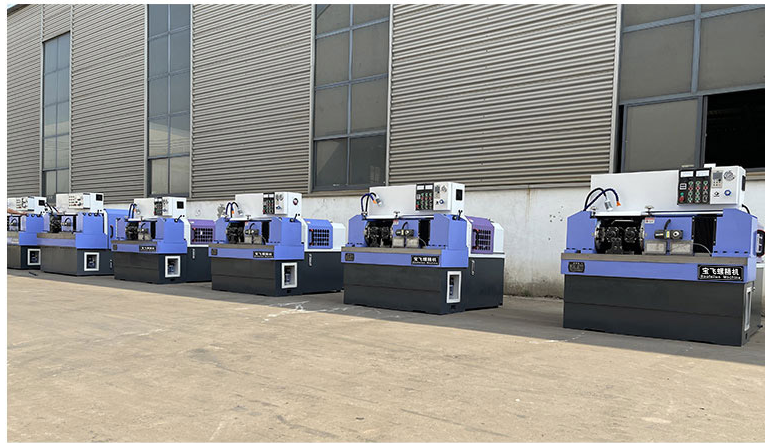
-
 Afrikaans
Afrikaans -
 Albanian
Albanian -
 Amharic
Amharic -
 Arabic
Arabic -
 Armenian
Armenian -
 Azerbaijani
Azerbaijani -
 Basque
Basque -
 Belarusian
Belarusian -
 Bengali
Bengali -
 Bosnian
Bosnian -
 Bulgarian
Bulgarian -
 Catalan
Catalan -
 Cebuano
Cebuano -
 Corsican
Corsican -
 Croatian
Croatian -
 Czech
Czech -
 Danish
Danish -
 Dutch
Dutch -
 English
English -
 Esperanto
Esperanto -
 Estonian
Estonian -
 Finnish
Finnish -
 French
French -
 Frisian
Frisian -
 Galician
Galician -
 Georgian
Georgian -
 German
German -
 Greek
Greek -
 Gujarati
Gujarati -
 Haitian Creole
Haitian Creole -
 hausa
hausa -
 hawaiian
hawaiian -
 Hebrew
Hebrew -
 Hindi
Hindi -
 Miao
Miao -
 Hungarian
Hungarian -
 Icelandic
Icelandic -
 igbo
igbo -
 Indonesian
Indonesian -
 irish
irish -
 Italian
Italian -
 Japanese
Japanese -
 Javanese
Javanese -
 Kannada
Kannada -
 kazakh
kazakh -
 Khmer
Khmer -
 Rwandese
Rwandese -
 Korean
Korean -
 Kurdish
Kurdish -
 Kyrgyz
Kyrgyz -
 Lao
Lao -
 Latin
Latin -
 Latvian
Latvian -
 Lithuanian
Lithuanian -
 Luxembourgish
Luxembourgish -
 Macedonian
Macedonian -
 Malgashi
Malgashi -
 Malay
Malay -
 Malayalam
Malayalam -
 Maltese
Maltese -
 Maori
Maori -
 Marathi
Marathi -
 Mongolian
Mongolian -
 Myanmar
Myanmar -
 Nepali
Nepali -
 Norwegian
Norwegian -
 Norwegian
Norwegian -
 Occitan
Occitan -
 Pashto
Pashto -
 Persian
Persian -
 Polish
Polish -
 Portuguese
Portuguese -
 Punjabi
Punjabi -
 Romanian
Romanian -
 Russian
Russian -
 Samoan
Samoan -
 Scottish Gaelic
Scottish Gaelic -
 Serbian
Serbian -
 Sesotho
Sesotho -
 Shona
Shona -
 Sindhi
Sindhi -
 Sinhala
Sinhala -
 Slovak
Slovak -
 Slovenian
Slovenian -
 Somali
Somali -
 Spanish
Spanish -
 Sundanese
Sundanese -
 Swahili
Swahili -
 Swedish
Swedish -
 Tagalog
Tagalog -
 Tajik
Tajik -
 Tamil
Tamil -
 Tatar
Tatar -
 Telugu
Telugu -
 Thai
Thai -
 Turkish
Turkish -
 Turkmen
Turkmen -
 Ukrainian
Ukrainian -
 Urdu
Urdu -
 Uighur
Uighur -
 Uzbek
Uzbek -
 Vietnamese
Vietnamese -
 Welsh
Welsh -
 Bantu
Bantu -
 Yiddish
Yiddish -
 Yoruba
Yoruba -
 Zulu
Zulu
Leading Manufacturer of CNC Thread Rolling Machines for Global Export and High-Quality Production Solutions
The Rise of CNC Thread Rolling Machine Exporters
In the modern manufacturing landscape, the demand for precision-engineered components is continuously on the rise. Among the various manufacturing processes, thread rolling stands out due to its efficiency and ability to produce high-quality threads with enhanced strength. The increasing global need for such machinery has led to the emergence of CNC (Computer Numerical Control) thread rolling machine exporters who specialize in providing advanced solutions for industries ranging from automotive to aerospace.
What is CNC Thread Rolling?
CNC thread rolling is a machining process that forms threads on a workpiece by rolling it between two dies. This is a cold-forming process that not only shapes the material but also increases its tensile strength due to work hardening. Unlike traditional cutting methods, which remove material, thread rolling retains the integrity of the metal and produces a smoother finish, resulting in superior performance and durability.
The CNC aspect adds precision and automation to the thread rolling process. With computer-controlled machineries, manufacturers can achieve repeatability and accuracy that is crucial in high-volume production. This technology allows for quick adjustments and the ability to handle a wide variety of thread sizes and types, making it an indispensable tool for modern production lines.
The Benefits of CNC Thread Rolling Machines
1. Increased Efficiency CNC thread rolling machines significantly reduce production time compared to conventional threading methods. They allow for faster setup and changeover, making them ideal for both small and large production runs.
2. Enhanced Quality The precision of CNC machinery ensures that the threads produced are consistent and meet strict tolerances. This is particularly important in sectors where safety and reliability are paramount.
3. Material Conservation Since the thread rolling process does not cut away material, manufacturers can conserve raw materials, lowering production costs and reducing waste.
cnc thread rolling machine exporter

4. Versatility CNC thread rolling machines can accommodate various materials, including steel, aluminum, and plastics, making them suitable for a wide range of applications across different industries.
5. Reduced Labor Costs The automation of the thread rolling process reduces the need for manual intervention, which can decrease labor costs and improve overall safety in the workplace.
The Global Market for CNC Thread Rolling Machine Exporters
As companies strive for better quality and faster production times, the market for CNC thread rolling machines has experienced substantial growth. Exporters play a critical role in this market, often providing not only the machinery but also the necessary technical support and training to ensure optimal performance.
Countries known for their advanced manufacturing capabilities, such as Germany, Japan, and the United States, have established strong footholds in this sector. However, emerging economies in Asia and Latin America are also beginning to tap into these technologies, with local manufacturers seeking to modernize their facilities and increase competitiveness.
The demand for CNC thread rolling machines is expected to continue its upward trend, driven by the increasing need for fasteners and precision components across a multitude of industries. Likewise, the rise of automation and Industry 4.0 principles is likely to further propel the growth of CNC technologies.
Conclusion
In conclusion, CNC thread rolling machines are transforming the manufacturing landscape by offering efficient, quality-driven solutions for thread production. The role of exporters in this domain is crucial, as they provide access to advanced technologies that help manufacturers meet the growing demands of various industries. As global markets evolve, the expertise of CNC thread rolling machine exporters will be instrumental in shaping the future of manufacturing, enabling businesses to innovate and thrive in a competitive environment.
